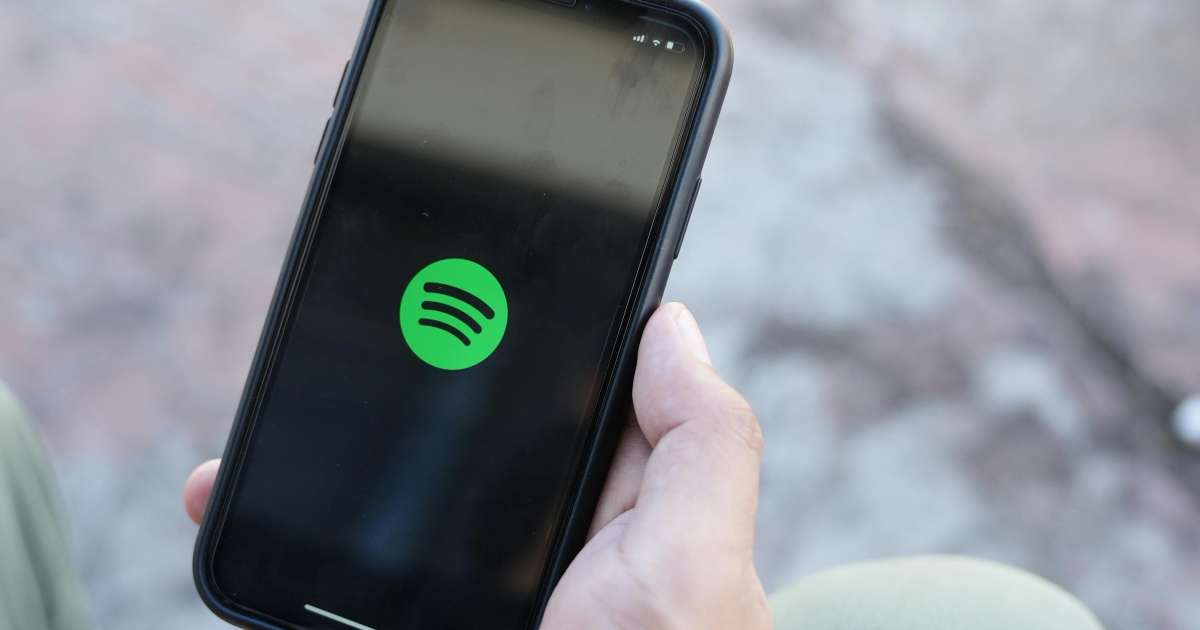Spotify will end service in Uruguay due to bill requiring fair pay for artists:: The Uruguayan Parliament approved an amendment to the country’s copyright law last month
Oh well, I suppose everyone will lay down and die with no access to music. What will artists do without that all important half a peso for 5000 streams?
Cash money says there’s already a native competitor just waiting to get that money. If not there will be soon. Maybe people will just buy records again, shit. Uruguay isn’t doing half bad, financially, maybe they’ll bring tapes back.
It has been quite something to see American tech companies rolling out across the world trying to pull that same old “sign the EULA or lose everything” bullshit and it’s just not working for them. Too bad we can’t kick them in the dick like other nations can.
Spotify is Swedish.
After reading the whole article, I still don’t know what Uruguay wants to happen.
Found an earlier article by El Observador before the legislation passed. Under Uruguay’s old laws Spotify, YouTube, an other streaming platforms paid little to nothing in artist royalties. With the new legislation artists will now see fair compensation.
The Guardian does a better job explaining Spotify’s problem: do the royalties come from rights holders (I am assuming they’re referring to record labels) or the streaming services? The later case they believe will cause them to pay double what they’re paying for streaming rights.
The issue just needs to back to Uruguay’s government to sort out who pays the artist royalties, or if both labels and streaming share a proportionate responsibility.
Thanks.
Putting the El Observador article through translate
When a song in Uruguay is played on radio, television or at a party, the rights are collected by the General Association of Authors of Uruguay (Agadu) which retains the 60% of what is paid. The remaining 40% is divided equally between performers and record labels.
Spotify says that it already pays for the rights. This understanding would mean that the players in Uruguay should work out how that is to be split.
Spotify fears that the new law turns what they pay currently, simply into one share of the total, implying an extreme increase of the cost.
What is Agadu? Seems like a pretty high tax considering the remaining 40% go to those who made the music .
It’s a copyright management firm. Some countries have government-sponsored monopolists for that. This looks like one of those.
The author of a song and the performers may not be the same (most obvious with covers). Most of the money collected by Agadu is presumably paid out to the authors/songwriters (or whoever they sold the rights to?), minus management fees. Whether the pay-out scheme is fair, may be another point of contention. Think about a live band playing covers by various authors in some bar: How is it tracked what they play, and how much should be given to each of the many different authors? I don’t know how that works in Uruguay, but my country has a system of that sort.
I mean, it sounds like they want their artists to recieve fair compensation.
I see that not everyone’s a cynic, yet.
What does that mean, though?
So basically unaffordable for the people in that country?
No, it’s as indicated, that is, to have artists paid fairly for their creative talents. Trickle down economics exemplified. It is akin to you working your job through an agency but the agency paying you far less than minimal wage. Like a lottery, only a few will make real money.
But according to the article 70% of the money they make from music is already going to record labels and publishers, so what exactly is Spotify supposed to do here to give more money to the artists?
Exactly… The issue isn’t spotify taking a very normal cut, it’s the record labels taking a majority cut and it seems this bill misses that entirely
Spotify is still signing unfair contracts with those labels though. They could throw their weight around and demand higher cuts for artists but they aren’t. No need to let them off the hook when they’re choosing to participate and profit in a corrupt industry, IMO.
Is it Spotify that arrange the cut for artists or the label though?
I don’t know but I’d think it’s the labels as it’s too much for Spotify to negotiate per-artist?When food companies use slave labour or cut down old growth forest for intensive farms do we get mad at Walmart/Tesco/Carrefour for having a normal margin on what they buy from the food companies (which may or may not leave enough for the products to be sourced sustainably, but that’s a separate argument as the food companies would likely take a higher margin over keeping the same one and making their food more sustainable if paid more) or do we blame the food companies/their suppliers?





